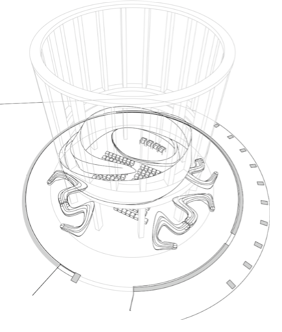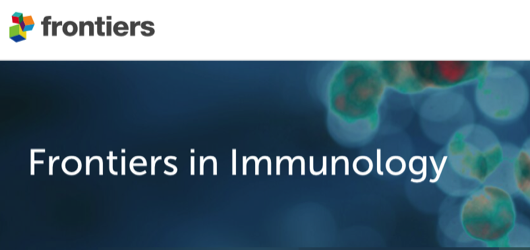TTS 2012: Follow us via Twitter!

In addition to the classical types of scientific sessions including plenary sessions, symposia, workshops and poster presentations, we will also offer new types of scientific sessions within the Forum Futurum.
The Forum Futurum is a forum integrated in the congress that will take place on three days. Each day is assigned to a topic and the forum is dedicated to cutting-edge science in our field. The topics are Regenerative Medicine, Imaging and Tailored Pharmacotherapy.
The Forum Futurum is designed to be a highly interactive communication space where companies can introduce their products and conversations about the latest research are stirred. In a futuristic environment the Forum Futurum contributes to an extraordinary TTS 2012 Exhibition experience and will provide exhibitors the opportunity to highlight new product information to physicians and health care professionals. Enhance the educational element of your company's noteworthy products and services with a presentation in the Forum Futurum. The Forum Futurum provides exhibitors with a unique and effective marketing opportunity to hold live promotional presentations or activities designed to raise awareness of featured services and products.
The Forum Futurum will make its debut in the TTS 2012 Exhibit Hall, featuring experts from companies and scientific groups providing state-of-the-art content-led information about new technologies, products and ideas. The Forum Futurum will be open July 16th – July 18th. Every day is dedicated to one emerging field in transplantation:
Monday, July 16th, 2012: One Day on Regenerative Medicine
Tuesday, July 17th, 2012: One Day on Imaging
Wednesday, July 18th, 2012: One Day on Tailored Pharmacotherapy

